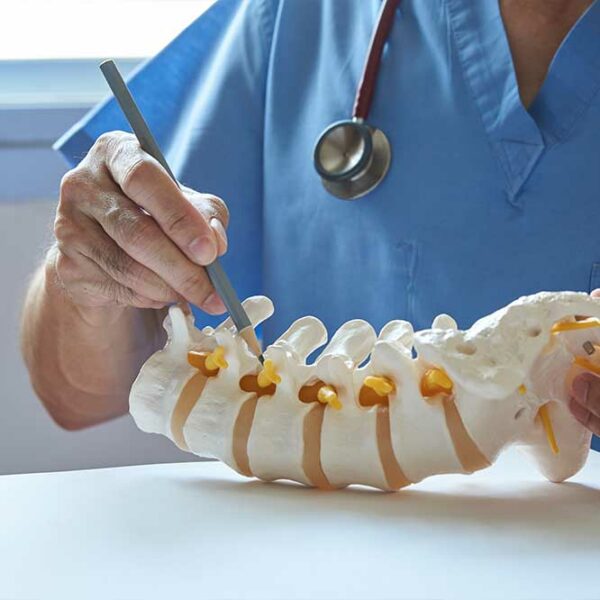
Transforaminal Lumbar Interbody Fusion (TLIF) Surgery
Transforaminal Lumbar Interbody Fusion (TLIF) Surgery is a sophisticated spinal procedure that accesses the lumbar spine through the back, providing a direct approach to the affected area. This technique aims to stabilize the spine, relieve pain, and promote fusion between vertebrae for long-term relief. TLIF Surgery is effective in addressing various lumbar conditions, including:
- Degenerative Disc Disease
- Spondylolisthesis
- Herniated Discs
- Spinal Instability



